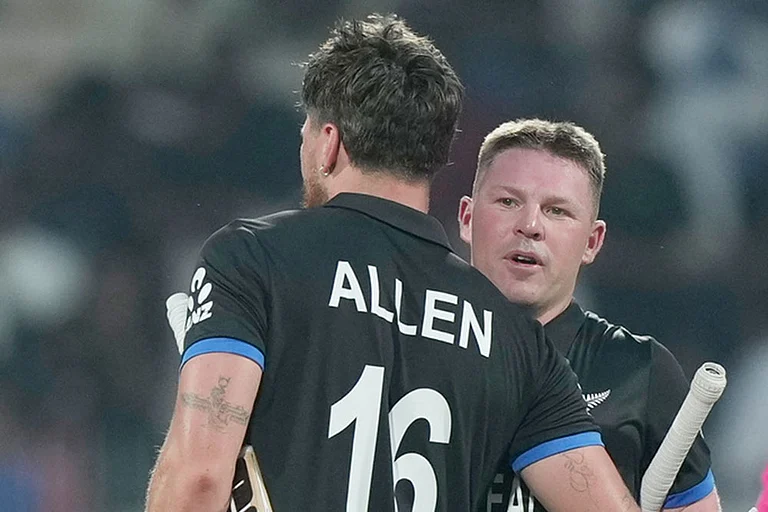There are some poems by Jeet Thayil like Working Girl or Apocalypse Angels which should speedily become anthology pieces so that they can live on for another 50 years. (Poems live longer in anthologies.) See how he launches his poem on betrayal: "Everybody betrays everybody, you said/somebody said. I thought of the countless/betrayals our combined flesh had tolled/residual jealousies marking the way, past/endless architectures of heartbreak." Upamanyu Chatterjee became a bit of a cult figure with English August. Jeet Thayil's Three Years Sober... deals with the same existential drift. I would not be surprised if someone prefers the poem to the novel. Magic hovers over life and landscape in some of the poems. One strange dawn in Ajmer, he looks back at his life to suddenly find "No trace of habitation". Sometimes his verse gives the impression of being "waited upon by ghosts", with a lovesick boy on top of the stairs finding that "Everything takes on the fearful clarity of dream". Thayil moves on boundaries, on hyphens that bridge different states of minds, in the spaces between dream and reality.
The criteria for poetic subtlety is that you should be able to inhale its essence and yet find it undefinable, almost elusive. Such is Jeet Thayil's poetry. His Apocalypso is solid in achievement and at the same time fragrant with promise.
A Sanjeev Sethi poem leaves you either faintly or considerably dissatisfied, though sometimes one can't put a finger on where the malady lies. His language is dry and shorn of music, but that is fine, for your style is your own. Now if one is attempting a kind of cerebral poetry, as Sethi is in his book Nine Summers Later, the argument has not only to be neat and logical, but must surprise, especially in the end. Sethi's logic falters midway and his endings are feeble.
A poem on bachelorhood ends on this note: "So my Philistine well-wishers/think it must be a nice state." Sethi's language is often clumsy and jars: "When asking for help/one is suggested/a blueprint/away from one's brief. It means: Knock at another door." Anyone writing as badly as this shouldn't be writing at all. Yet he hit this reviewer hard in the gut with a new year poem (January 1, 1994) which I quote in full. "No money./No work./No love./No desire./No worthwhile relationship./No parental support./No sibling fondness./No artistic high. No hope./I wonder what pushes me/to continue with this chore/called living?" You can't put despair across more tersely or sharply.























